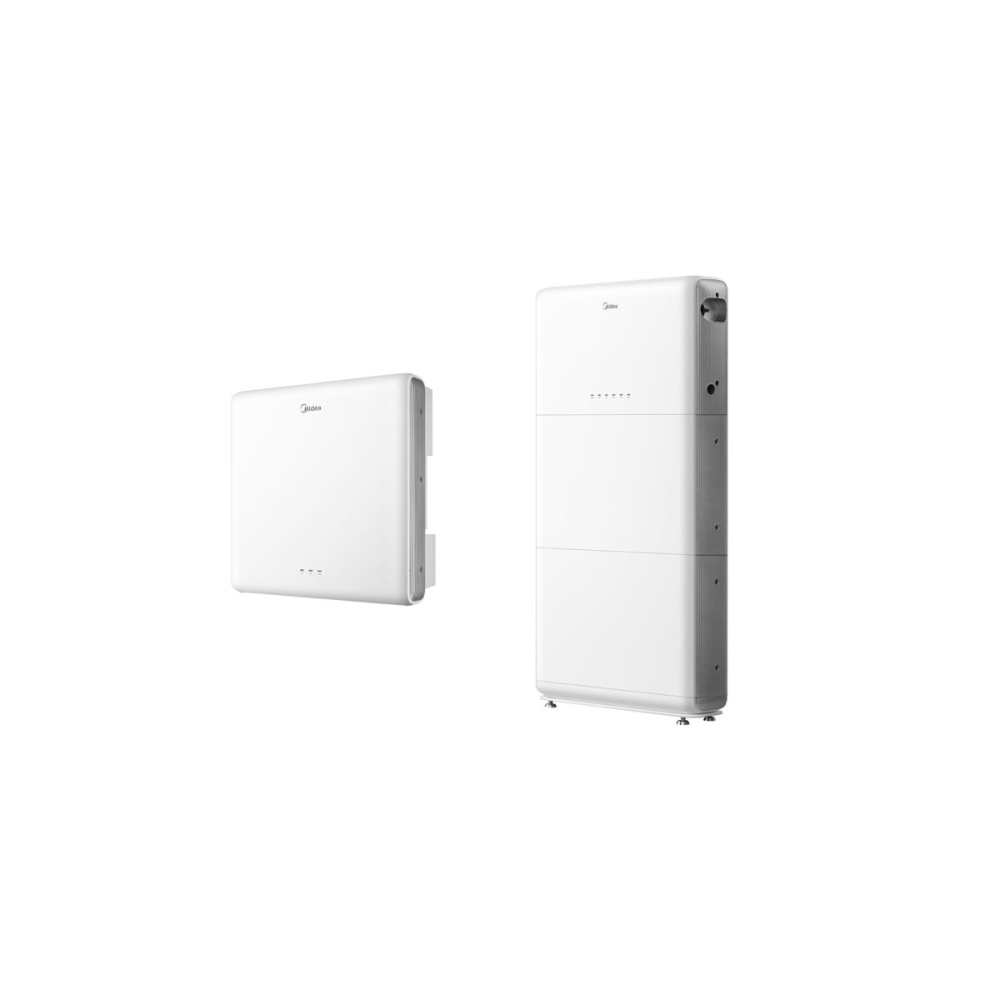Midea’s MHELIOS helps homeowners respond to changing energy regulations

Global home appliances manufacturer Midea has positioned its MHELIOS energy management system to help homeowners respond to external changes brought about as governments across the globe, particularly in Europe, introduce new policies to foster a sustainable and adaptable energy system.
Key changes in Germany, for example, include the phase-out of subsidies for solar-generated electricity during periods of negative pricing, as well as the start of dynamic tariffs. Additionally, under paragraph 14a of Germany’s Energy Industry Act (EnWG), grid operators may temporarily limit power to 4.2 kW for controllable devices.
To help ensure that homeowners are able to comply with these types of regulatory changes, Midea says MHELIOS leverages self-generated solar energy and intelligently prioritizes power usage to minimize disruptions to homeowners while ensuring their comfort.
MHELIOS features a Midea Energy Storage Unit, which uses lithium-iron phosphate battery technology and comes in three sizes – 5 kWh, 10 kWh, and 15 kWh. The unit can store excess solar energy to power a house for up to 24 hours.
In addition to the storage unit, MHELIOS includes the Midea Energy Manager, a battery-ready inverter with built-in EMS function that combines HVAC and smart home functionality to maximize the use of solar energy. Acting as the central brain of the system, the Energy Manager seamlessly coordinates energy generation, storage, and consumption across devices like batteries, EV chargers, and heat pumps.
Cost reduction and extra income generation
Because dynamic tariffs can offer potential savings to homeowners, the MHELIOS solution takes over the task of manually monitoring real-time prices and adjusting energy usage. For instance, on cold winter evenings, the energy manager can tap into stored battery energy to power a home’s heat pump. Simultaneously, it can postpone EV charging to midnight, when electricity prices drop.
Midea estimates that, for a German family of five, MHELIOS can reduce annual electricity costs by up to €1,866.
According to Midea, MHELIOS can also help consumers turn their home into an income generator. In the Netherlands, for instance, a 10 kW inverter and a 10 kW battery system can be integrated with a Virtual Power Plant (VPP) through a cloud-based API.
The manufacturer claims that by participating in grid balancing, this setup can generate between €783 and €1,211 annually for a homeowner, achieving a payback period of just 4.2 years for the MHELIOS energy management solution.